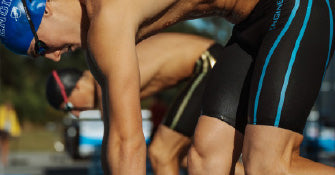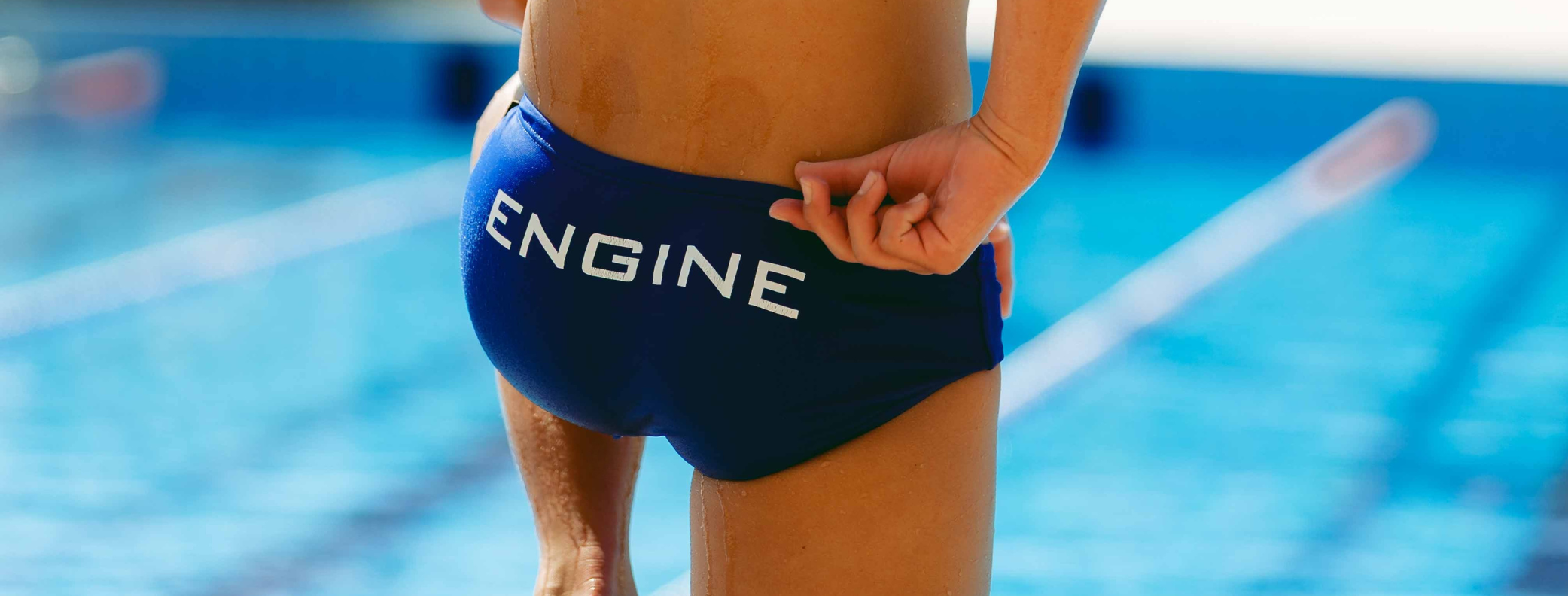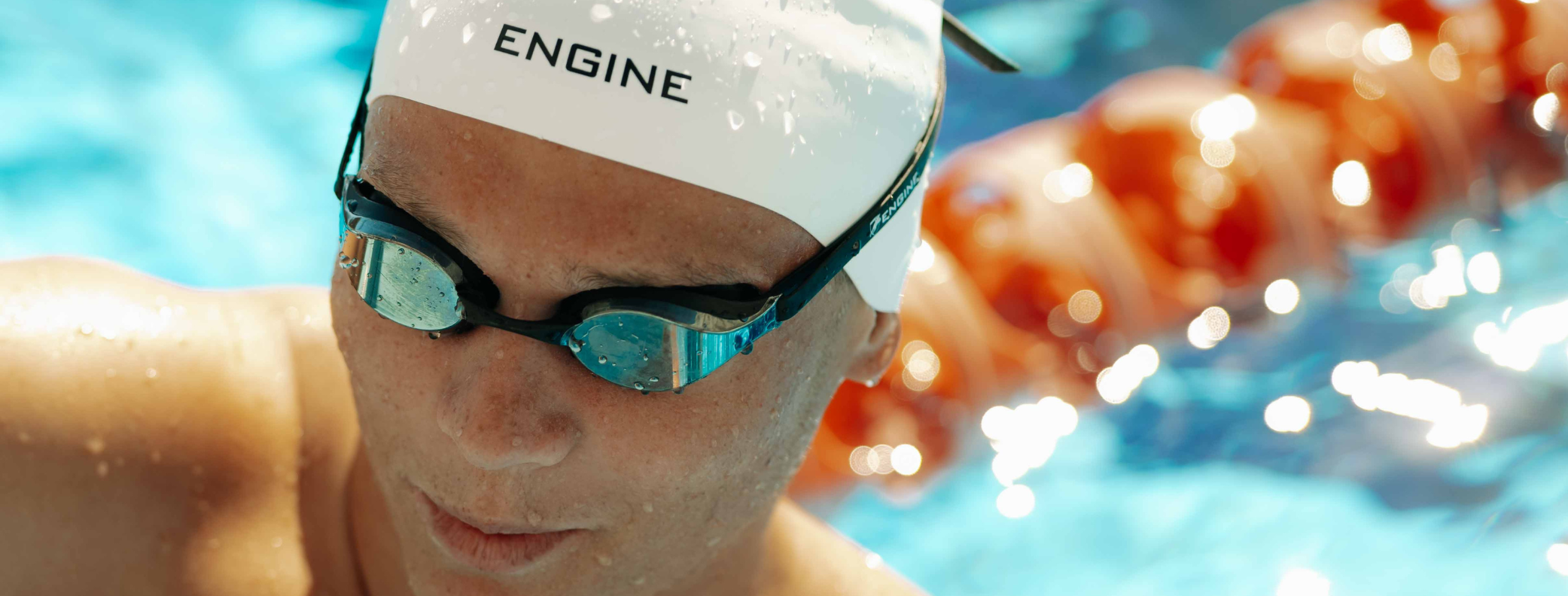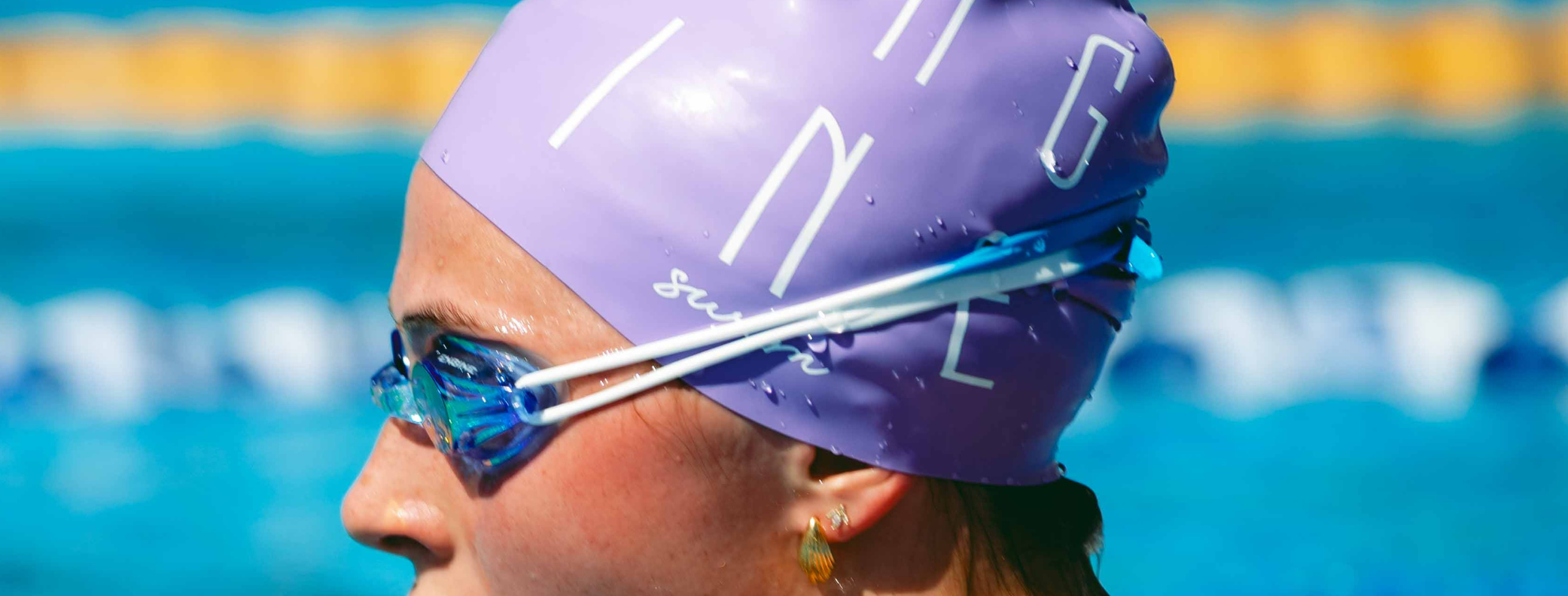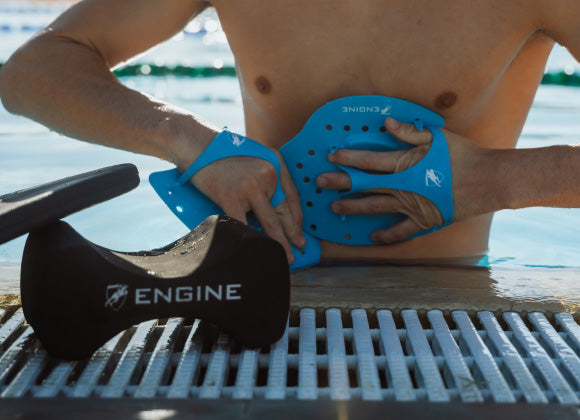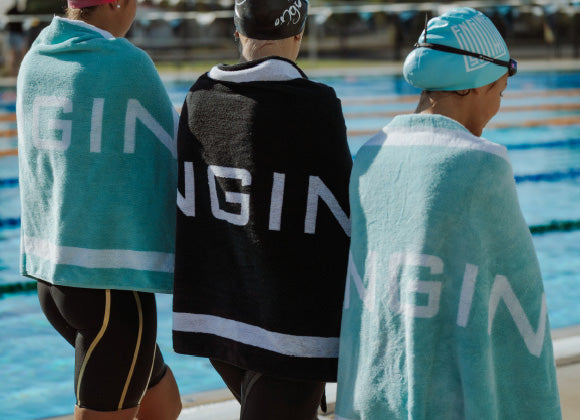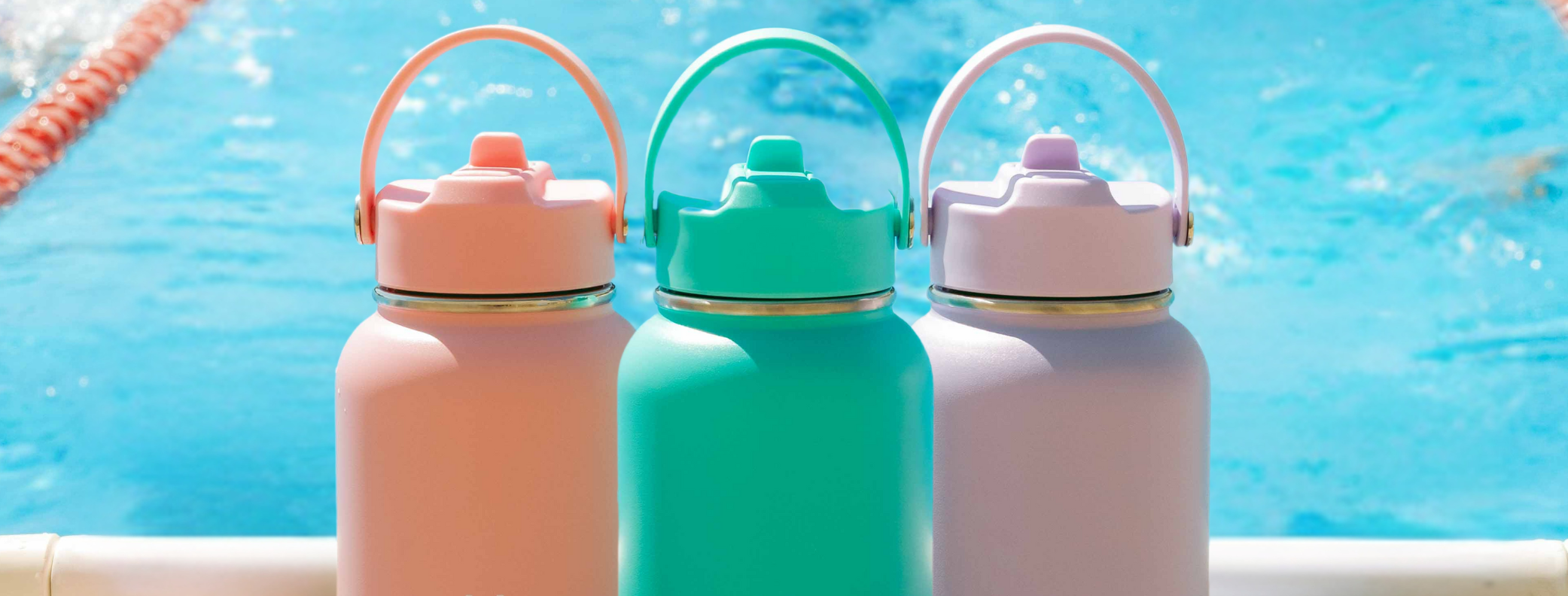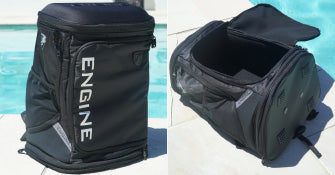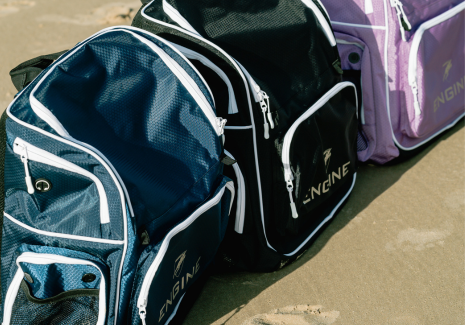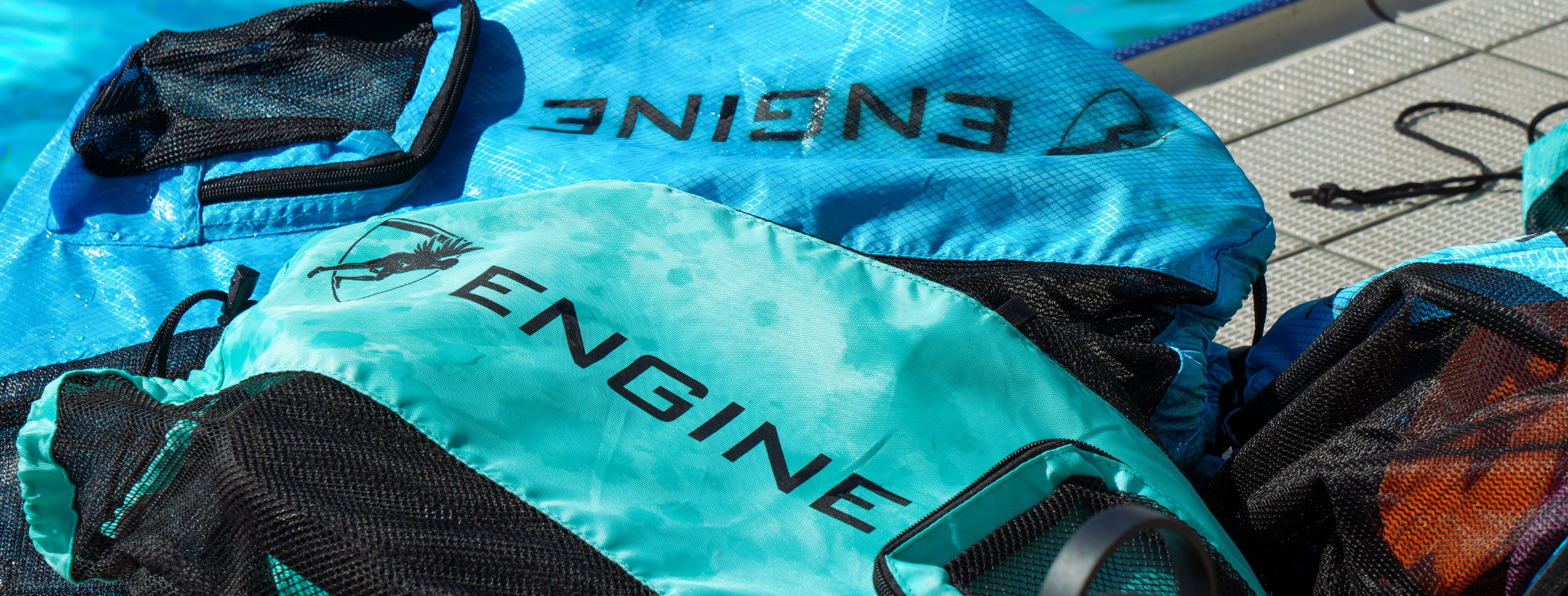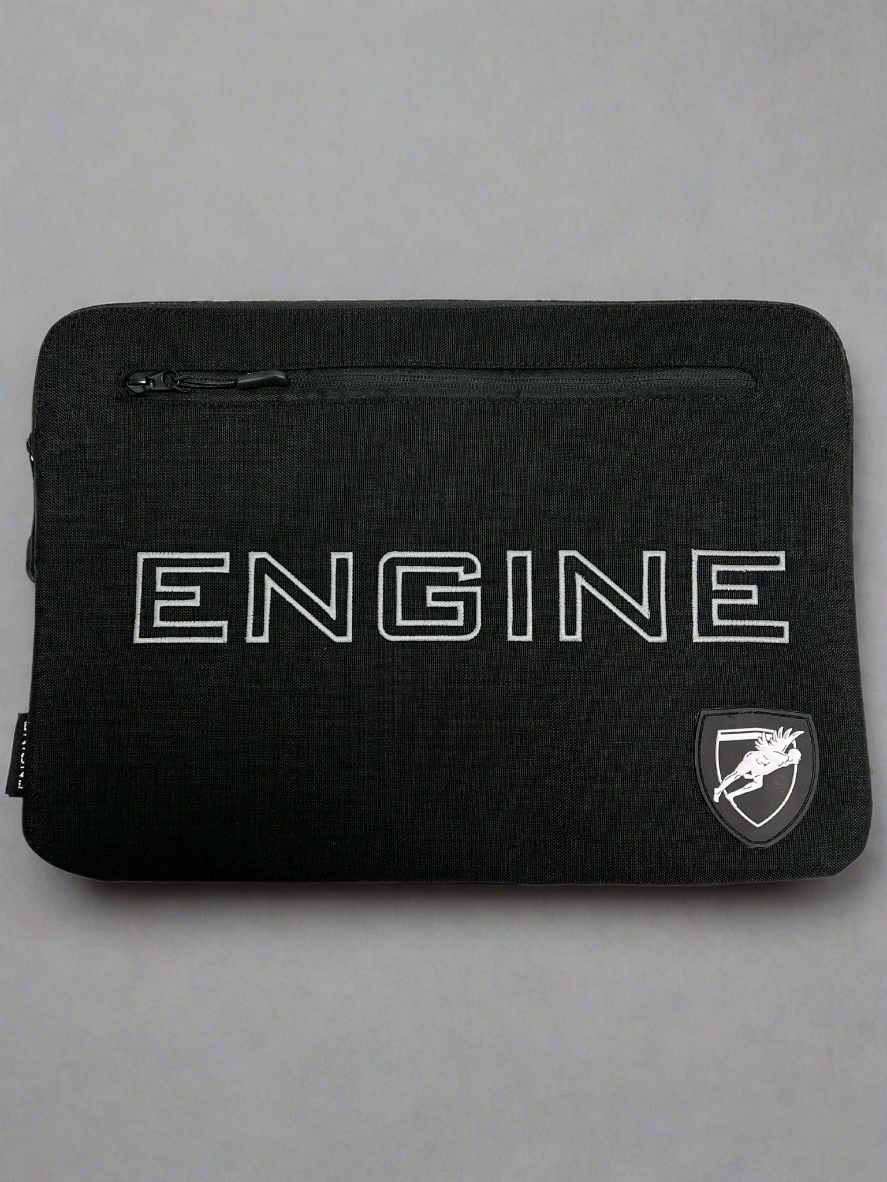Why Organisation Is the Secret Weapon of Elite Athletes
When we think about elite athletes, we often picture explosive power, lightning reflexes, or unshakable mental toughness. But behind the podium finishes and peak performances lies a skill that is often overlooked - organisation.
According to the Australian Institute of Sport (AIS), structured planning is not just useful, it’s essential. In their Athlete Management guidelines, the AIS stresses that “time management, training structure, and recovery planning are critical to maximising performance and preventing burnout.”
At ENGINE, where we design performance swimwear and gear trusted by world-class athletes, we understand the high-performance lifestyle. And one thing we’ve learned from athletes at the top of their game?
Organisation isn’t optional - it’s a competitive edge.
Why Organisation Matters in Sport
1. Enhances Consistency
Success in sport isn't about one-off efforts - it’s about showing up and delivering every single day. Organisation supports consistency. When training, nutrition, recovery, and competition schedules are mapped out and followed, athletes build sustainable habits that lead to long-term gains.
Expert Insight:
Dr. David Martin, a former AIS sport scientist, explains that “predictable routines enhance recovery, increase mental preparedness, and build trust in the process.”
2. Reduces Stress and Decision Fatigue
Elite athletes face hundreds of micro-decisions daily - from what to eat, to how hard to push, to what to wear. Organisation simplifies this. When logistics are planned ahead of time, mental energy is preserved for performance, not paperwork.
3. Improves Performance Outcomes
Performance planning - right down to recovery blocks, nutrition timing, and tapering - is crucial to hitting peak performance windows. Structured organisation allows athletes and coaches to monitor progress, adjust tactics, and avoid overtraining.
Practical Tips to Stay Organised Like an Elite Athlete
✅ 1. Use a Training Journal or Digital Tracker
Document workouts, nutrition, sleep, and how you feel each day. Apps like TrainingPeaks or even a simple spreadsheet can provide valuable insights over time.
Tip: Review weekly patterns to spot what’s working - and what’s not.
✅ 2. Create a Weekly Schedule (And Stick to It)
Lay out your week every Sunday. Include training blocks, recovery, study or work hours, and downtime. Treat recovery time with the same importance as training time.
Athletes at the AIS are coached to structure their weeks down to the hour during peak season.
✅ 3. Meal Prep and Hydration Planning
Nutrition can’t be an afterthought. Pre-plan meals and snacks that align with your training demands. Having a go-to hydration plan is just as vital.
ENGINE athletes often keep a cooler bag with recovery snacks, electrolyte tablets, and protein shakes at the ready.
✅ 4. Prepare Your Gear in Advance
Avoid last-minute scrambles on race or training days. Lay out your kit, swimwear, goggles, water bottle, and backup items the night before.
Pro tip from ENGINE Ambassadors: Keep a checklist for meets - double-check it before every comp.
✅ 5. Plan for Flexibility
Organisation isn’t about rigidity - it’s about structure that allows you to adapt. If a session needs to shift or life throws you a curveball, having a baseline plan allows for smart adjustments without chaos.
In sport, talent sets the stage - but organisation shapes the performance. Whether you're a weekend warrior or an aspiring Olympian, the way you plan your time, energy, and resources makes a measurable difference.
At ENGINE, we design gear that supports the process- from our streamlined race suits to durable training essentials - because we know that when your life is organised, your performance follows suit.
So, take a cue from the world’s best: plan smart, train hard, and stay ready.








